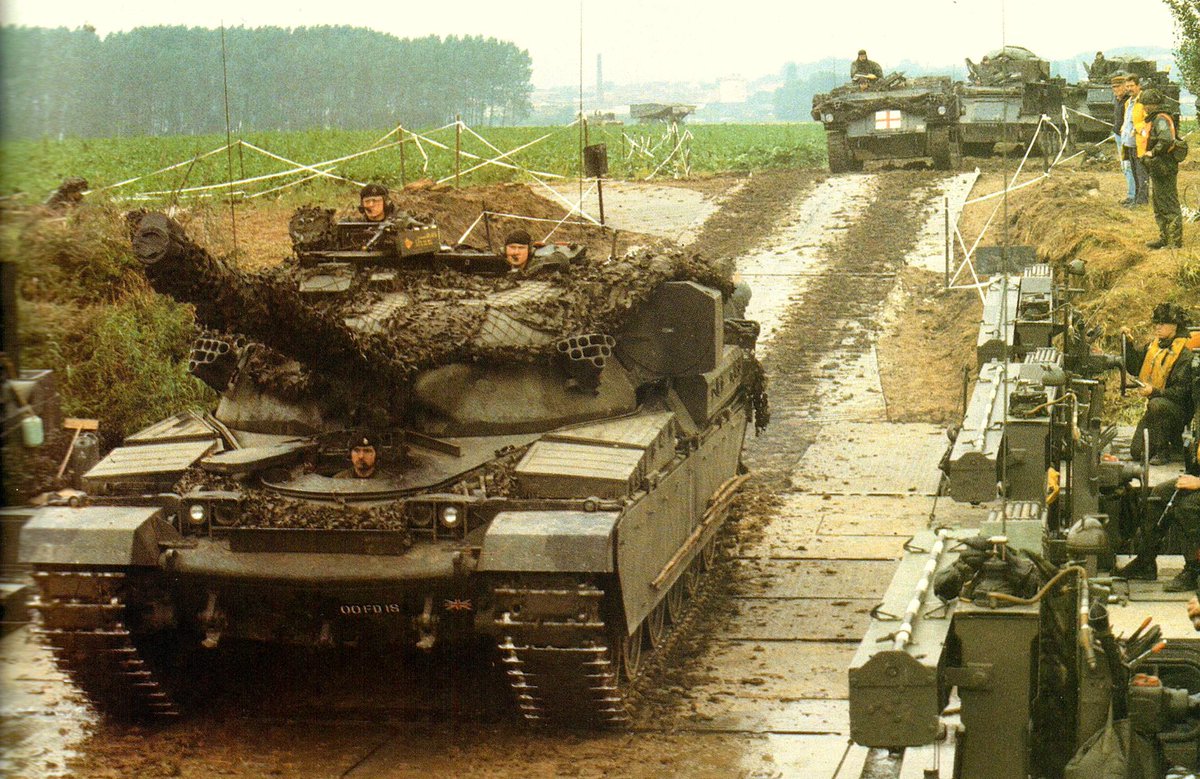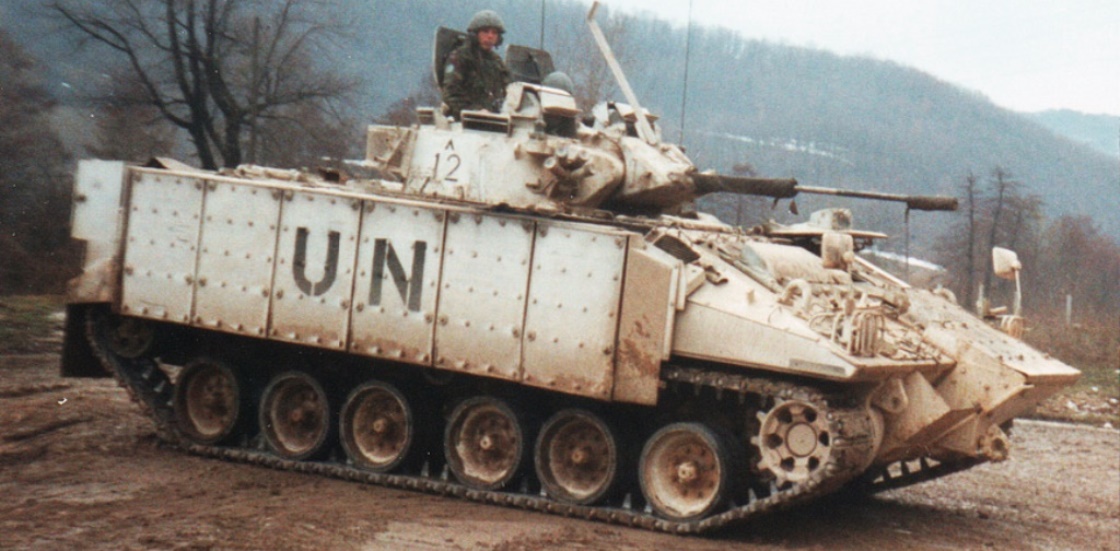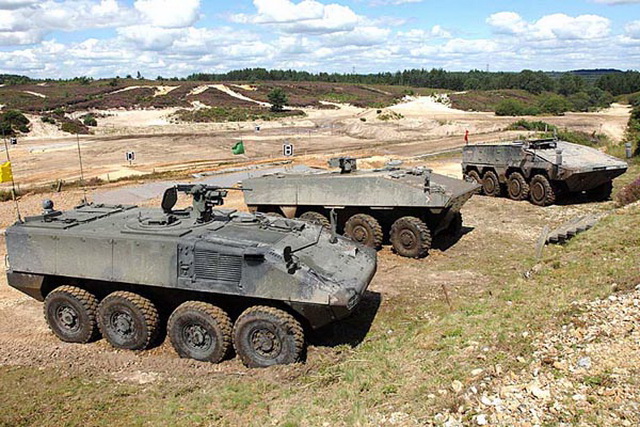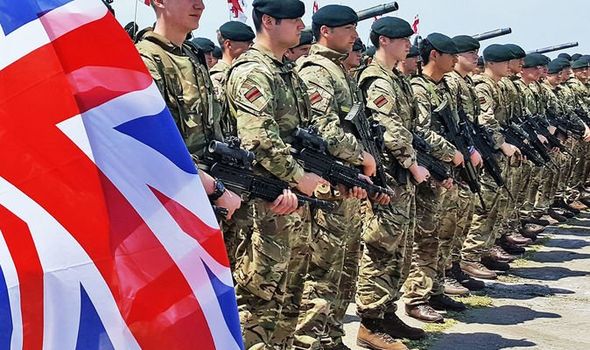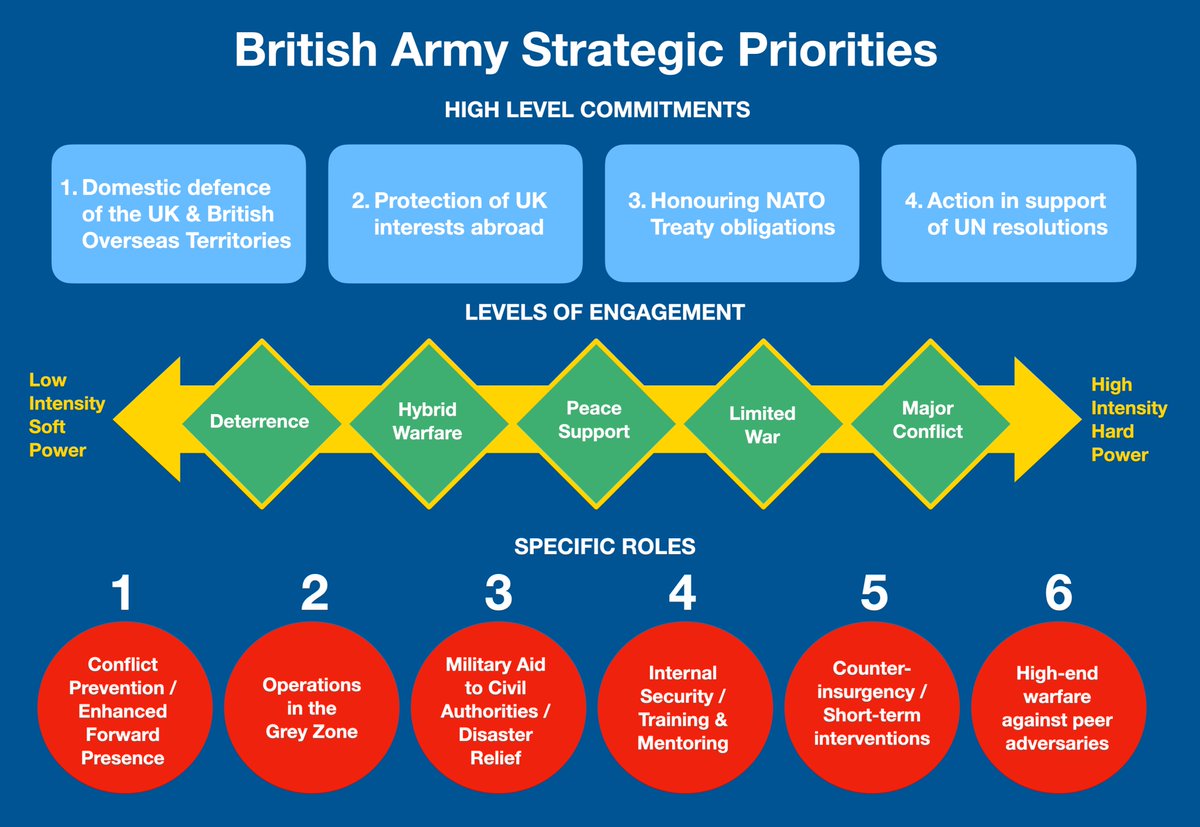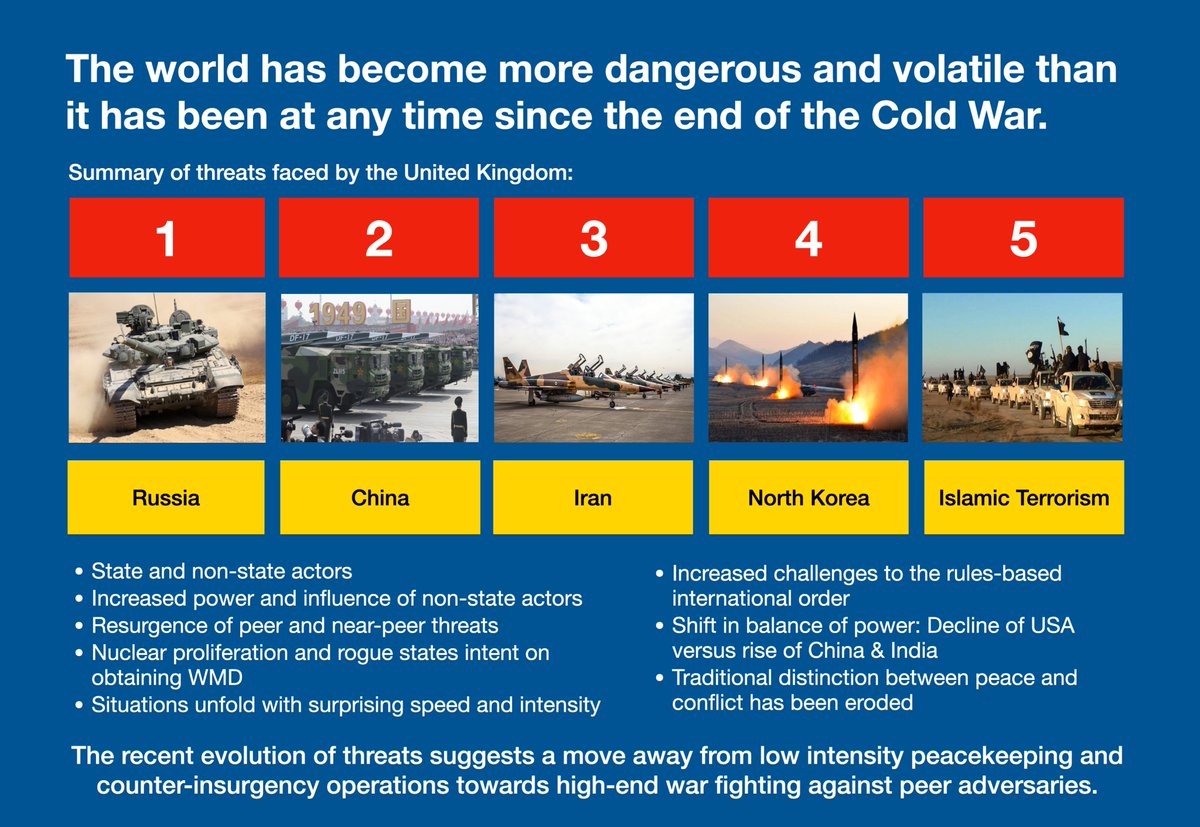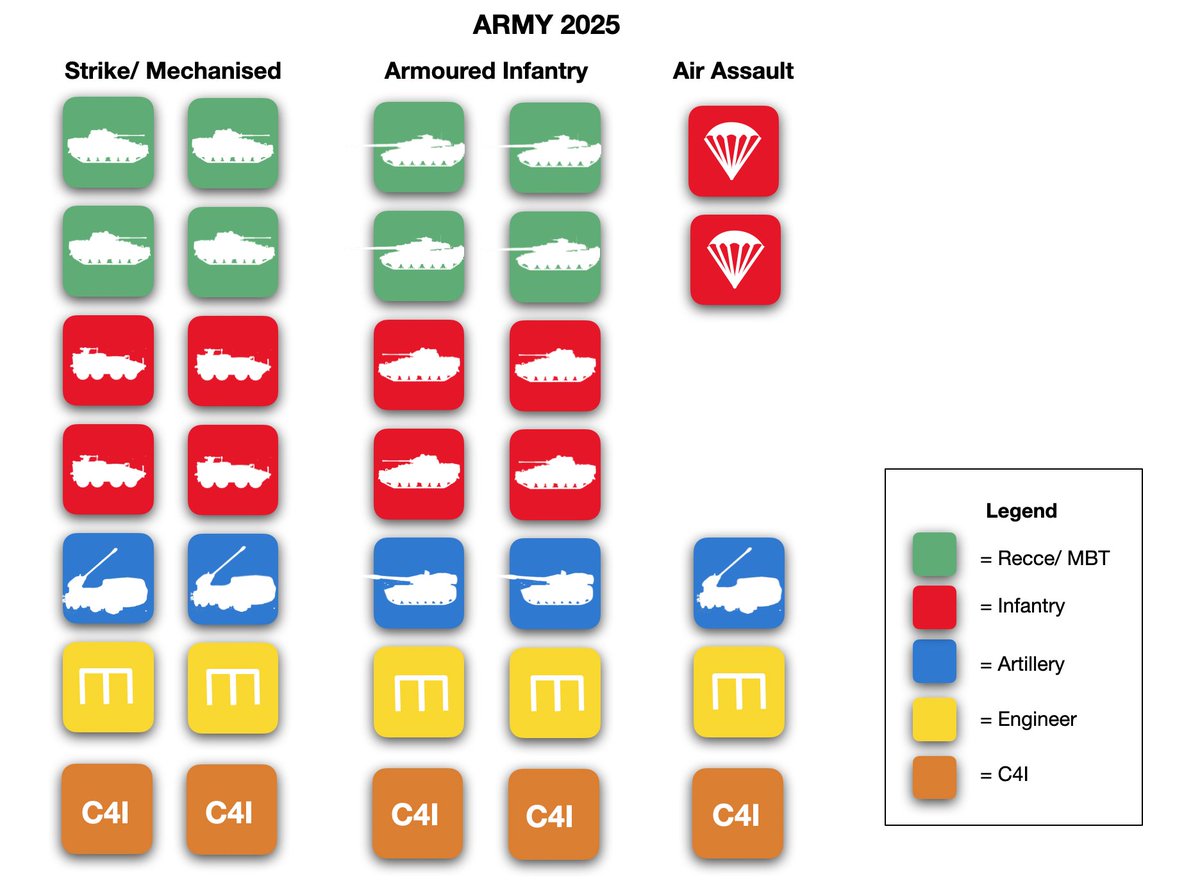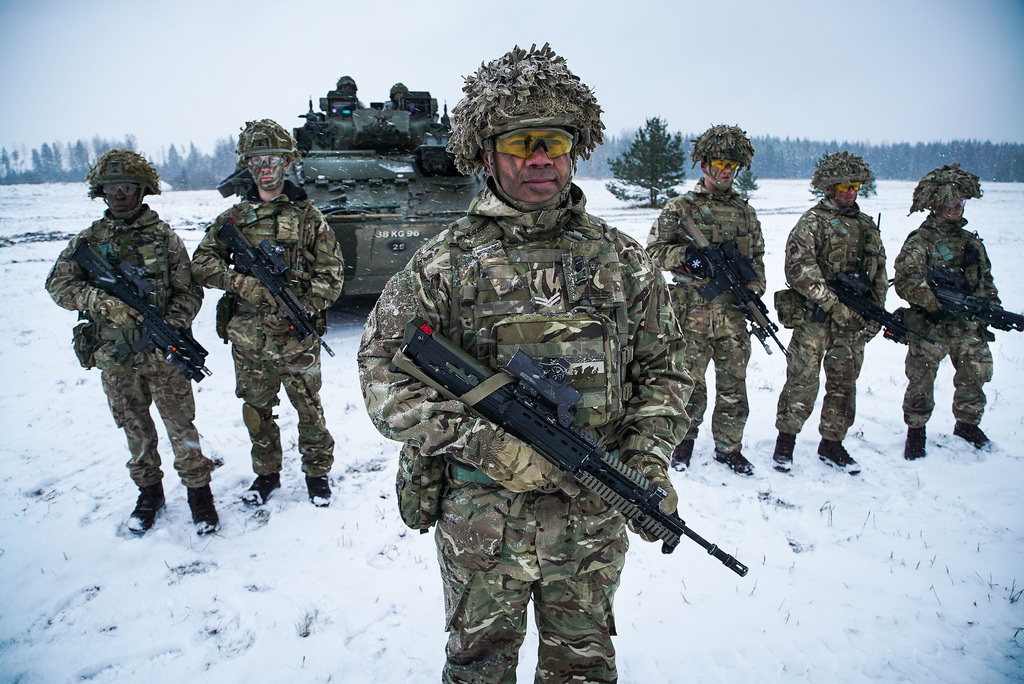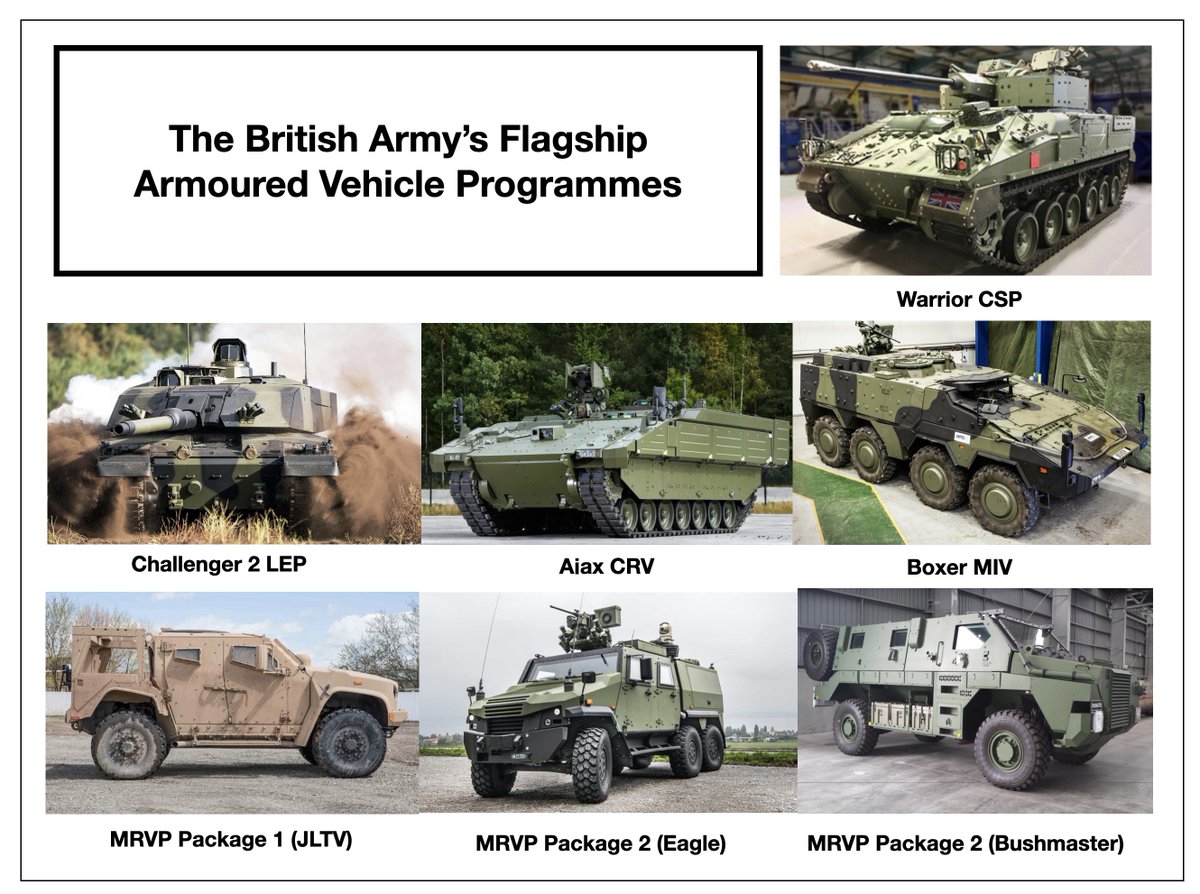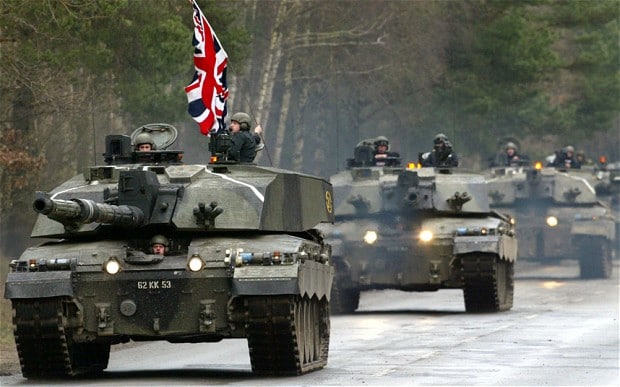
Yesterday's @RUSI_org speech by @BWallaceMP was one of the most significant made by any UK Defence Secretary over the last decade. Although no detailed announcements were made, there are five reasons why we should take note.
(1/7)
gov.uk/government/spe…
(1/7)
gov.uk/government/spe…
1⃣ The speech clearly signalled that UK Defence has become a more important Government priority than it has been at any time since the end of the Cold War in 1990. While it is unrealistic to expect a massive uplift in spending, swingeing cuts seem to be a thing of the past.
(2/7)
(2/7)
2⃣ The Integrated Review promises to be a robust strategic process that will align our aspirations with our resources so that UK defence is RELEVANT and CREDIBLE while being AFFORDABLE and SUSTAINABLE. This means that whatever we decide to do, we will resource it properly.
(3/7)
(3/7)
3⃣ The underlying strategic focus reflects an understanding of the threats we face and recognition that the character of conflict has evolved. Consequently, there is a willingness to restore tired and lost capabilities, but also to embrace new technologies and doctrines.
(4/7)
(4/7)
4⃣ Investment in the UK defence industry will drive national prosperity within a post-Brexit, global Britain context. In doing so, stronger defence will serve the interests of our European neighbours and allies. This will build bridges and make us a partner of choice.
(5/7)
(5/7)
5⃣There is a clear aspiration for the UK to become more able to deter and counter potential adversaries, especially those operating below the threshold of conflict. But we won't invest in grey zone capabilities at the expense of a high end war fighting ability.
(6/7)
(6/7)
What this adds up to is the need to make some tough choices. While not everyone will agree with them, the law of focus unequivocally supports a concentration of effort & resources to achieve military goals. So, I believe we can be optimistic despite the current challenges.
(7/7)
(7/7)
• • •
Missing some Tweet in this thread? You can try to
force a refresh

